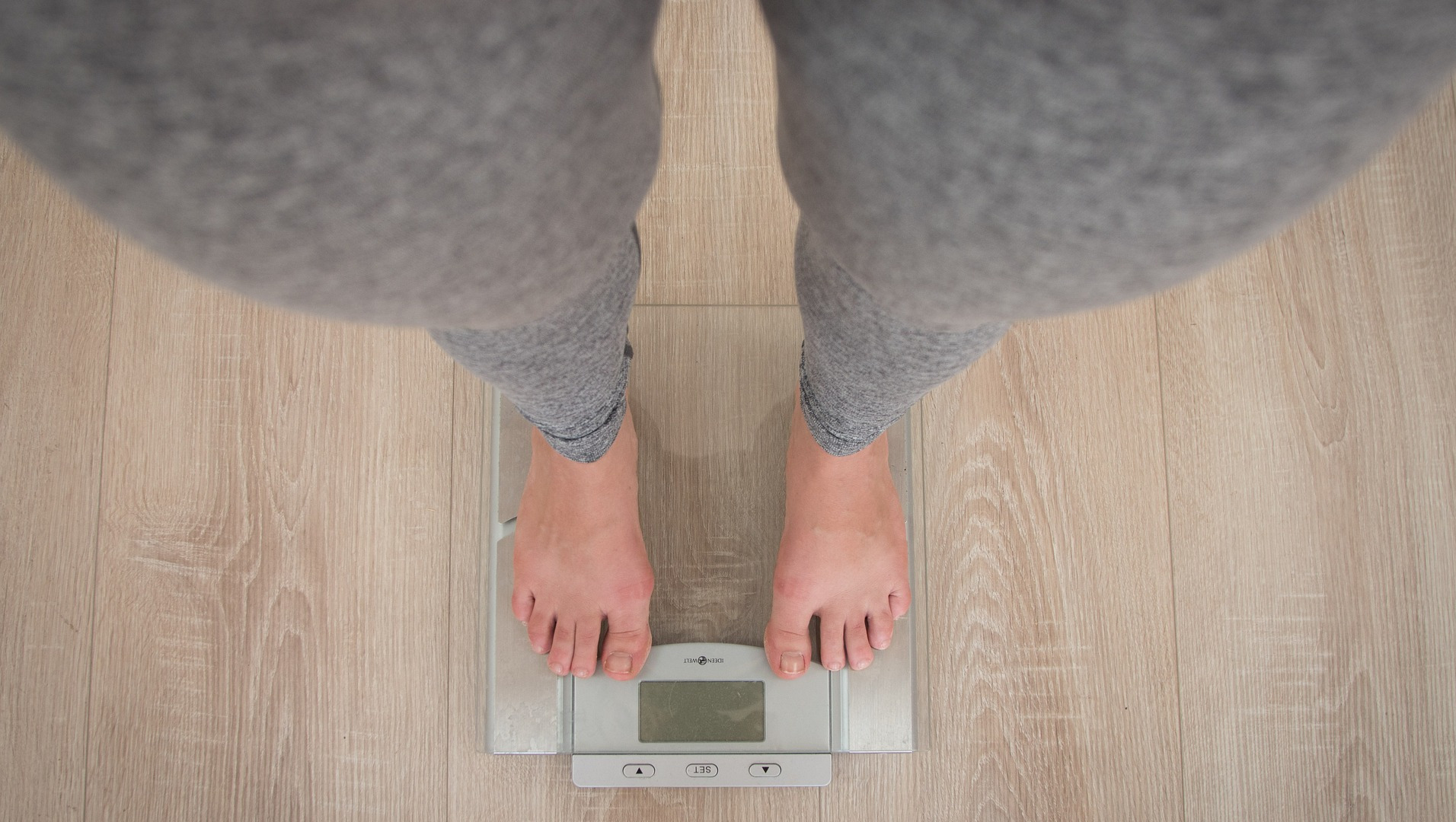Malabsorption Syndrome: Understanding and Managing Nutritional Deficiencies
Malabsorption syndrome refers to the body's inability to absorb essential nutrients from the food consumed, including vitamins, minerals, proteins, and fats. This condition can lead to a cascade of health issues, including nutrient deficiencies and related complications, even if a person consumes a balanced diet or supplements.
Malabsorption is not a disease but often a symptom of an underlying condition. With proper diagnosis, treatment, and supportive remedies, it's possible to manage and alleviate symptoms.
Causes of Malabsorption Syndrome
Numerous factors can cause malabsorption, including diseases, lifestyle choices, and medical interventions. Below are some of the most common causes:
- Digestive Disorders: Celiac disease, Crohn's disease, colitis, and irritable bowel syndrome can hinder nutrient absorption.
- Liver, Pancreas, and Gallbladder Issues: Diseases affecting bile production or pancreatic enzyme release may impair fat digestion.
- Food Allergies and Intolerances: Lactose intolerance or gluten sensitivity may lead to malabsorption.
- Infections: Parasitic infestations, bacterial overgrowth, or viral infections can disrupt intestinal function.
- Surgical or Medical Treatments: Shortened intestinal tracts from surgery or treatments like radiation therapy can compromise nutrient absorption.
- Lifestyle Factors: Excessive alcohol intake, chronic laxative use, or a poor diet may exacerbate malabsorption.
Symptoms of Malabsorption Syndrome
Symptoms vary depending on the nutrients affected but may include:
- Diarrhea or constipation
- Unexplained weight loss
- Fatigue and weakness
- Dry skin and thinning hair
- Abdominal bloating and gas
- Muscle cramps
- Vision difficulties, particularly at night
- Bruising easily
- Failure to grow (in children)
Foods to Include for Better Nutrient Absorption
- Lean Protein: White fish, turkey, and chicken are gentle on the digestive system.
- Leafy Greens: Spinach and kale are rich in vitamins A and K.
- Root Vegetables: Sweet potatoes and carrots are nutrient-dense and easy to digest.
- Bone Broth: Packed with collagen and amino acids, it supports gut healing.
- Fruits: Papaya, bananas, and berries are gentle on the stomach and rich in nutrients.
Foods to Avoid
- High-Fat Foods: Fried and greasy foods can be hard to digest.
- Processed Foods: Contain additives that may irritate the gut lining.
- Wheat and Gluten: Can worsen symptoms in individuals with sensitivities.
- Dairy: If lactose intolerance is present, opt for lactose-free alternatives.
When to See a Doctor
While home remedies and dietary changes can help, professional medical intervention is essential if symptoms persist or worsen. Seek immediate medical attention if you experience:
- Severe or chronic diarrhea
- Unexplained weight loss
- Persistent abdominal pain
- Symptoms of malnutrition, such as brittle nails or hair loss
Home Remedies and Management for Malabsorption Syndrome
Managing malabsorption syndrome requires a multifaceted approach, combining dietary changes, supplements, and lifestyle adjustments. You can improve nutrient absorption and overall health by identifying and addressing the underlying cause of malabsorption. Always consult a healthcare provider for a proper diagnosis and treatment plan, especially when symptoms are severe or persistent.
Tailored Diet
Making dietary adjustments is crucial in managing malabsorption. A specialized diet allows the digestive system to heal while optimizing nutrient intake.
- High in Complex Carbohydrates: Foods like brown rice, oats, and quinoa provide sustained energy and are easier to digest than fats.
- Low in Fats: Avoid fried foods and heavy oils to minimize strain on the digestive system.
- Incorporate Digestive Enzymes: Fresh papaya and pineapple contain natural enzymes (papain and bromelain) that support digestion.
- Frequent Small Meals: Eat smaller portions daily to prevent digestive system overload.
- Stay Hydrated: Drink six to eight glasses of water, herbal teas, or diluted fruit juices daily.
- Avoid Wheat and Processed Foods: Gluten and heavily processed foods can exacerbate symptoms.
Probiotics and Gut Health
- Probiotics: Probiotic supplements or fermented foods like yogurt, kefir, sauerkraut, and miso can restore healthy gut bacteria balance, improving digestion and nutrient absorption.
- Prebiotic Foods: Foods like garlic, onions, and bananas nourish beneficial gut bacteria and support a healthy digestive system.
Supplements
Even with dietary adjustments, supplementation may be necessary to correct deficiencies caused by malabsorption.
- Multivitamins: A high-quality multivitamin can address gaps in essential nutrients.
- Vitamin D: Often deficient in those with malabsorption, vitamin D supplements can support bone health and immunity.
- Iron: For those with anemia or fatigue caused by iron deficiency.
- Calcium: This is especially important for those with bone health issues.
- Omega-3 Fatty Acids: Supplements or sources like fish oil can reduce inflammation in the digestive tract.
Enzyme Therapy
For individuals with pancreatic insufficiency or bile production issues, digestive enzyme supplements (available OTC) can help break down fats, proteins, and carbohydrates for better absorption.
Herbal Remedies
Some herbs can support digestion and alleviate malabsorption symptoms:
- Peppermint Tea: Soothes digestive discomfort and reduces bloating.
- Ginger Tea: Aids digestion and reduces inflammation.
- Slippery Elm: Creates a protective coating in the gut, reducing irritation and supporting healing.
Lifestyle Changes
- Eliminate Alcohol: Alcohol disrupts gut health and hampers nutrient absorption.
- Avoid Caffeine: Coffee and tea can aggravate digestive symptoms.
- Exercise Regularly: Light to moderate exercise promotes healthy digestion.
- Manage Stress: Stress can worsen gut health; practices like yoga and meditation can help.
Over-the-Counter (OTC) Remedies for Malabsorption Syndrome
Certain OTC remedies can alleviate symptoms and support overall gut health:
- Digestive Enzymes: Enzymes like lactase (for lactose intolerance) and lipase (for fat digestion) can improve nutrient absorption.
- Antidiarrheal Medications: Products like loperamide can help manage diarrhea, a common symptom of malabsorption.
- Fiber Supplements: Psyllium husk or methylcellulose can improve stool consistency and regulate bowel movements.
- Probiotic Capsules: Look for high-potency probiotics with multiple strains for maximum gut health benefits.
- Electrolyte Solutions: Rehydration solutions can replenish lost fluids and minerals from diarrhea.



